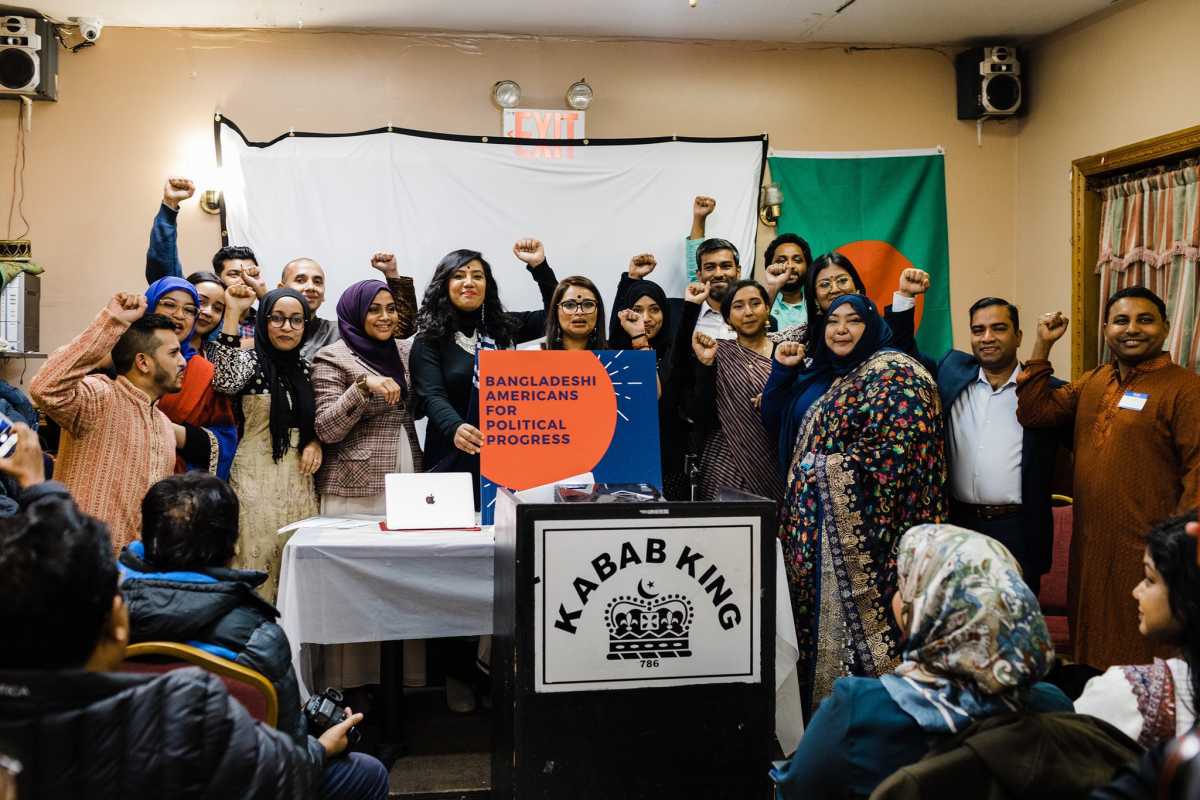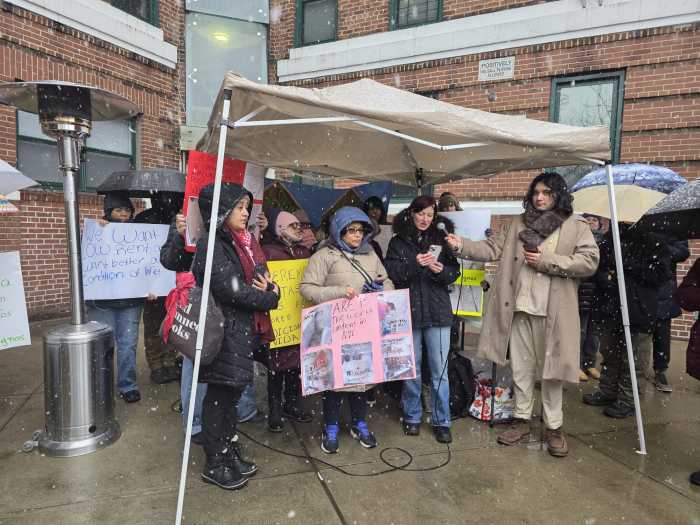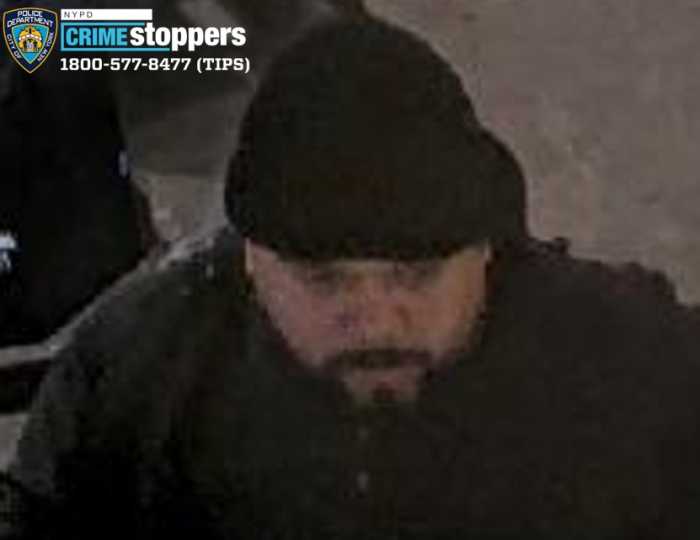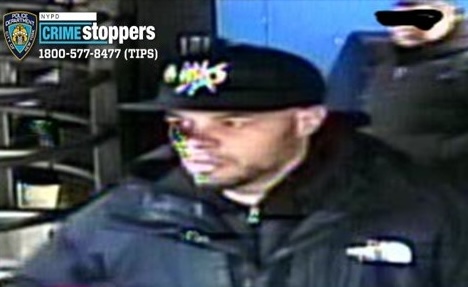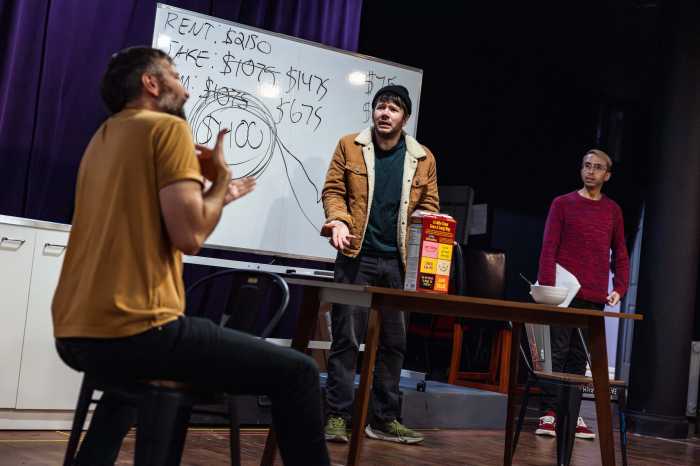A group of progressive Bangladeshi Americans, who first coalesced on a Whatsapp thread in support of leftist Queens district attorney candidate Tiffany Cabán, formalized their organization with an official launch last Wednesday, Nov. 13, in Jackson Heights.
During that campaign, the group’s social media presence started attracting organizers, activists, campaign strategists and politicos. Many of its members realized for the first time the demographic power they hold as a collective in Queens.
“We have people who have posts in the political world and the civic world. So understanding that as a collective, we’re so much more powerful than our individual roles and networks,” Raihan Faroqui said.
With its launch, Bangladeshis for Political Progress outlined its goals for developing a grassroots organization represents the interests of working-class members of the community.
It aims to build a progressive political voting block among Bangladeshi communities by increasing voter participation, endorsing and organizing for educating Bangladeshis about the political process and creating coalitions with existing Bangladeshi political groups.
According to an Asian American Federation survey, 66 percent of Bangladeshi-Americans in New York City live in Queens. Using census data, Faroqui put together a map of where Bangladeshi communities are most heavily concentrated that includes Jamaica, South Jamaica, Richmond Hill, South Ozone Park, Jackson Heights and Elmhurst.
Several members of the group explained that they feel that a combination of their country’s history and their experience as Bangladeshi-Americans shaped their progressive values like healthcare as a human right and affordable housing for all.
“For many of us, this is very historical. The country of Bangladesh was built on revolutionaries who rose up against an oppressive government and fought for justice. So understanding that that’s our legacy. Those are our grandparents and our parents,” said Faroqui.
Tenant activist Rima Begum said that she saw the group’s targeted community as twofold. One goal is to attract and mobilize young Bangladeshis who might already have a progressive political compass.
The other is to make inroads to the older generation of Bangladeshis and existing political clubs who, she said, tend to operate hierarchically and support center Democrats without bottom-up support from the members.
Begum said that she became frustrated with some of these groups after she felt like her political voice was not cutting through. But she hoped that the group’s educational activities could continue to bring in the “aunties and uncles” into the fold.
“We’re acting as a bridge between the older generation and the younger generation,” Begum said.
Both Begum and Faroqui stressed that the group is taking a bottom-up democratic approach toward decision-making. So far it has used ranked choice voting (RCV) to ensure that its members voices are being heard. The group even chose its name through RCV.
As the group grows and moves forward, this approach will determine its policy platform and candidate endorsements, said Faroqui. At this point, its mission statement is based more on shared values rather than nitty gritty policy details.
“We really see this as a come up. Our generation is coming up. This is our time. It’s our moment,” Faroqui said.

